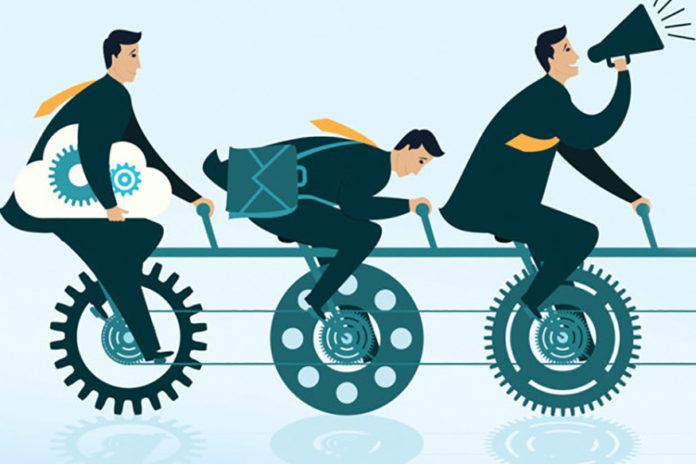And to think, many speculated that the gig economy would favor women. This study is as clean as data comes. Uber matches riders with drivers, sets fares and fees through a simple, fully-automated formula which is invariant between drivers. There is no negotiation of earnings. Pay is not related to tenure or hours worked and there’s no impact of customer-side discrimination.
The study found 3 main reasons for the pay variance (quoting):
- Men chose to drive more lucrative locations
- Men stick with it: A driver with more than 2,500 lifetime trips earns 14 percent more per hour than a driver with fewer than 100 trips. More experience means drivers learn where to drive, when to drive, and how to strategically cancel and accept trips. Male drivers accumulate more experience than women by driving more each week and are less likely to stop driving with Uber. The return on experience gives the typical male Uber driver more field knowledge than the typical female—places them ahead on the learning curve—giving them a better working knowledge of how to capitalize on the system.
- Men drive faster
How does this compare to wider research of gender pay gaps? Seven percent is not far from the overall average, but CREW’s 2015 study that found a 23 percent disparity between genders in commercial real estate, mostly at the C-Suite level.
Who doesn’t want people to be paid according to their productivity? The question, and it’s a big one, is why. What causes wage disparity? Defaulting to discrimination or bad actors, is a narrative that easily becomes unfair generalizations, we (especially women) are better served by sticking to facts. Assuming it’s discrimination can undermine the truth, and vilify industry owners and operators who work hard to run fair and equitable operations.
The Uber abstract was published last month.














